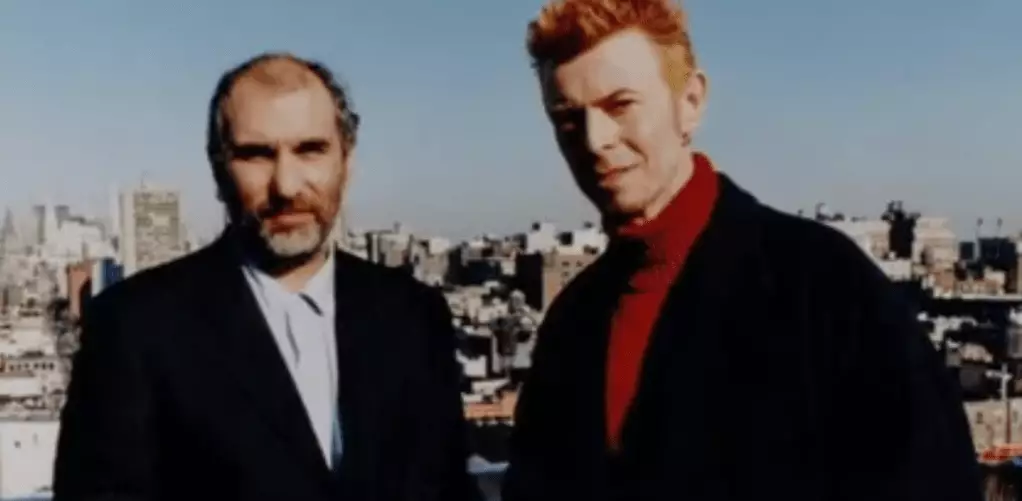The recent passing of Alan Yentob at the age of 78 has sent shockwaves through the cultural landscape of the United Kingdom. His contributions to the BBC and the broader world of media illuminate a career that was not just about television production but a fervent commitment to the arts. As tributes pour in from colleagues and friends, it becomes evident that Yentob was much more than a television producer; he was a cultural architect whose influence shaped the way stories were told and experienced. His wife, Philippa Walker’s affectionate description paints a vivid picture: “curious, funny, annoying, late, and creative in every cell of his body.” This encapsulates the essence of a man who embraced complexity in character and creativity alike.
The Visionary Behind Iconic Programs
Alan Yentob was recognized by many as a “cultural force.” This phrase, employed by the BBC’s director-general Tim Davie, highlights Yentob’s ability to transcend traditional roles within media. Throughout his career, he was not only involved in producing and directing but also in mentoring emerging talent. The impact of Yentob’s tenure, particularly during his time as controller of BBC Two and later BBC One, marked a transformative era in British broadcasting. He had an extraordinary knack for identifying groundbreaking talent and gave a platform to luminaries like David Bowie and Beyoncé, crafting programs that captured their essences in ways that felt both intimate and groundbreaking.
His notable 1975 documentary, “Cracked Actor,” represents a landmark in profile filmmaking. In this film, Yentob did not merely document a musician; he delved into the chaotic mind of an artist facing the burdens of fame and addiction. This kind of storytelling, both raw and unfiltered, set a new standard for future interviews and documentaries. It is perhaps this personal yet professional approach that makes his work resonate even today.
A Champion of Creativity and Community
What truly defined Yentob was not merely the programs he produced, but the environment he cultivated for those around him. His colleagues—listed from varying backgrounds, including controversial figures like Jeremy Clarkson to seasoned journalists like John Simpson—universally describe him as a mentor and a kindred spirit. Clarkson’s bittersweet recollection of being dismissed from “Top Gear” illustrates Yentob’s character; he wasn’t just a boss but a colleague who understood the complexities of the industry. Such is the impact of a leader who, in moments of tension, chose empathy over authority.
Piers Morgan’s tribute hones in on another layer of Yentob’s legacy: his charm and wit. The true artistry in media lies not only in the technical aspects of production, but in how one engages an audience. Many viewers felt a connection to Yentob not just through his interviews but through his persona. He calmed nerves, inspired conversations, and sparked imaginations. Creativity flourishes in environments where curiosity is welcomed, and it was clear that Yentob’s sets were havens for talent, exploration, and innovative ideas.
Leave Behind a Cultural Impact
Throughout his career, Yentob’s influence reached far beyond the television screen. His roles as creative director and channel controller enabled him to implement policies and platform selections that helped define cultural narratives in the UK. The institutions he helped shape remain foundational to British media today, underscoring his significance as an industry leader. Through his tireless work, he accomplished what many aspire to achieve: a lasting legacy that embraces diversity, innovation, and, above all, humanity in art.
Yentob wasn’t just a figure on our screens; he was part of our public consciousness. His death prompts a reflection on the caliber of cultural figures we have lost and underscores the importance of nurturing the next generation of creators. As tributes resonate across social media and the news, one must wonder how many more names could join this pantheon of admiration, celebrating the spirit of a man who dedicated his life to the arts. What becomes apparent is that while Yentob may no longer be with us, his indelible mark on British cultural history stands resolute, and it is a legacy that continues to inspire.
